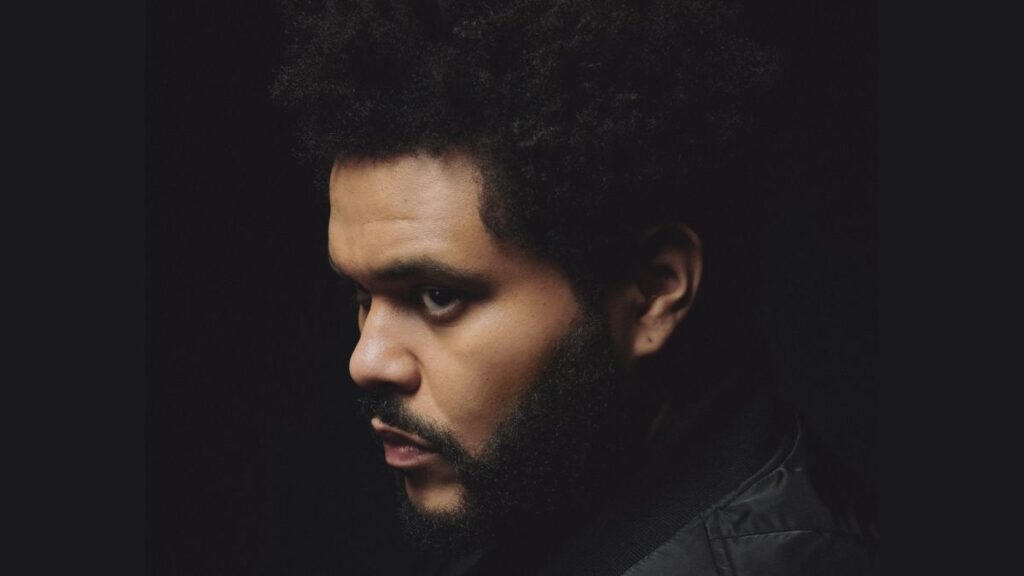For over a decade now, The Weeknd has been obsessed with self-destruction. Every project, from his hazy trilogy of early mixtapes to his platinum pop star phase, has found a myriad of ways to depict The Weeknd (AKA Abel Tesfaye) in a hopeless cycle of hedonism and hollow comedowns, of maximum pleasure as a means to inflict pain on himself. “When I’m fucked up, that’s the real me,” he sang ten years ago on “The Hills,” a nightmarish assertion that he has no path to salvation without shattering himself over and over again.
His 2020 album After Hours marked a crucial shift: Tesfaye still reveled in excess, but this time, he acknowledged the wreckage he left behind. With its slick, ’80s-influenced beats and a cinematic edge (no doubt inspired by his turn in the Safdie brothers’ Uncut Gems), the album felt like a reckoning for his unsustainable behavior. He doubled down with 2022’s Dawn FM, a Purgatory-themed epic that framed his sins as a one-way ticket toward oblivion.
Hurry Up Tomorrow is the final installment of the trilogy that began with After Hours, and according to a 2023 interview, Tesfaye is considering it his final album under the name The Weeknd. It is, full stop, his most enormous project to-date: 84 minutes, 22 songs, guest contributions from Lana Del Rey, Playboi Carti, Future, and Florence & the Machine, and production credits from Pharrell Williams, Max Martin, Mike Dean, Metro Boomin, Justice, Oscar Holter, and dozens more. And like its predecessors, Hurry Up Tomorrow centers on themes of self-destruction, existential collapse, and debilitating anguish. Tesfaye claimed he needed to “kill The Weeknd;” Hurry Up Tomorrow is then his swan song, showing the audience why he’s so intent on letting this character finally die and starting over.
You can tell this is an emotional conclusion for Tesfaye, because he’s been teasing the lead up to this album for over a year. He’s shared Bible verses about death and rebirth, he’s shared teasers with Nietzsche quotes, he’s written esoteric paragraphs about his endless pain and being locked in a cage of his own making. Everything about Hurry Up Tomorrow, from the religious iconography in his one-off São Paulo concert to the upcoming psychological thriller that will arrive in May as a “companion film,” suggests that The Weeknd is milking this final promotional cycle as much as he can, one last attempt to elevate the Shakespearean proportions of this ‘character’ before reinvention.
As he had on his prior two albums, Tesfaye seems most intrigued by scaling upwards. This is good considering his male pop star peers are nowhere near this level of conceptual ambition (Ed Sheeran or Drake could never), and at the very least, he’s got enough enthusiasm and character in his voice to guide the listener through any jarring sonic shifts. Hurry Up Tomorrow works on the level of a Big Pop Album™, and not much on the album is challenging to get through or suggests that The Weeknd is phoning it in. But there are a few aspects to Hurry Up Tomorrow that don’t work in his favor or present his big send-off as an enthralling opus.

